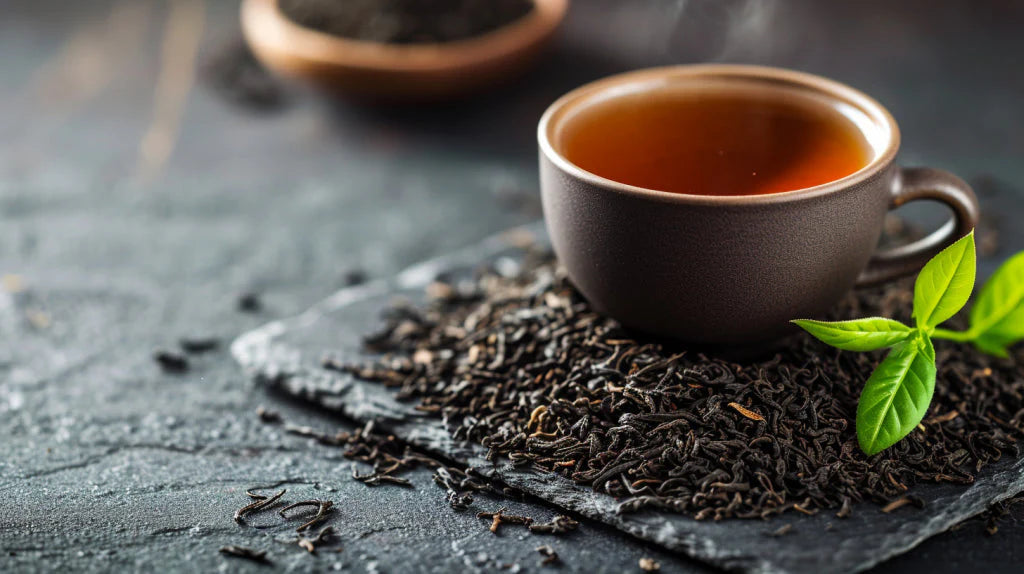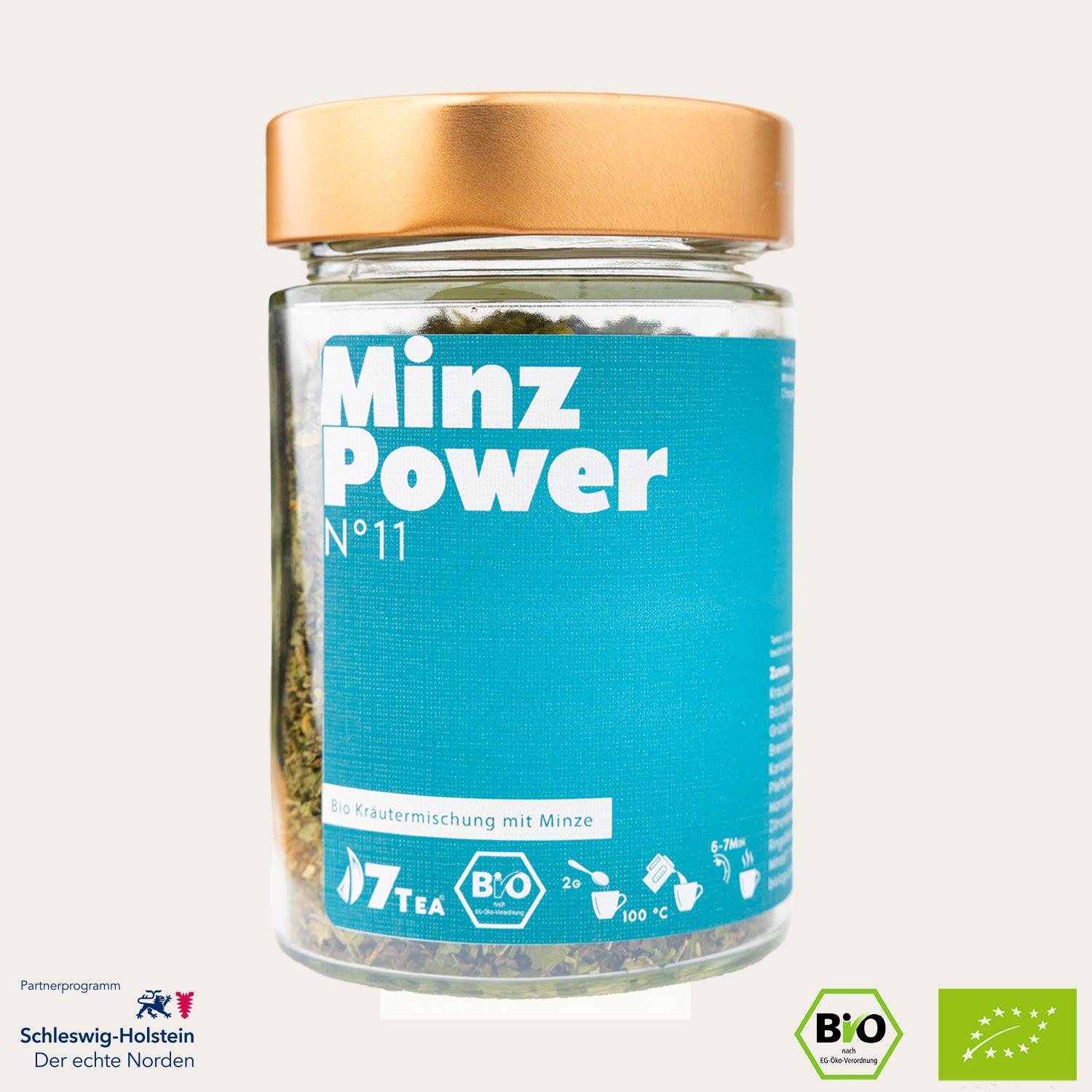Ashwagandha: A Powerful Adaptogen and Its Possible Side Effects
Table of contents
- Introduction: Ashwagandha in focus
- General information about Ashwagandha
- Potential Side Effects of Ashwagandha
- Precautions and Interactions
- Correct dosage and application
- Conclusion: Use Ashwagandha responsibly
Introduction: Ashwagandha in focus
Ashwagandha, also known as Withania somnifera, is an Ayurvedic herb famous for its adaptogenic properties. It is said to help reduce stress and promote general well-being. However, like any other supplement, ashwagandha can have side effects.

General information about Ashwagandha
Ashwagandha is a shrub native to India, the Middle East and parts of Africa. The roots and, to a lesser extent, the leaves are used for their therapeutic properties. The plant is believed to have the ability to strengthen the body against stress and support hormonal balance.
Potential Side Effects of Ashwagandha
While ashwagandha can provide many health benefits, there are also some potential side effects that users should be aware of:
- Gastrointestinal Discomfort : Some people may experience stomach upset, diarrhea, or vomiting when taking ashwagandha.
- Drowsiness : Due to its sedative effects, ashwagandha can cause drowsiness, especially when combined with sedating medications.
- Drug Interactions : Ashwagandha may interact with certain medications, including those for high blood pressure, diabetes, and thyroid disease.
- Pregnancy and breast-feeding : Ashwagandha is not recommended for pregnant or nursing mothers due to potential risks to the fetus or infant.
Precautions and Interactions
It is important to consult a doctor before taking ashwagandha, especially if you are pregnant, breastfeeding, or have chronic health problems. Also tell your doctor about all medications and supplements you take to avoid possible interactions.
Correct dosage and application
The correct dosage of ashwagandha can vary from person to person. It is important to start with a low dose and adjust as needed and under medical supervision. Ashwagandha is available in various forms including capsules, powder, and liquid extracts.
Conclusion: Use Ashwagandha responsibly
Ashwagandha is a powerful herb that can promote well-being when used correctly. Still, it's important to be aware of potential side effects and use the herb responsibly. Make sure you follow all precautions and work with a health professional for the best results.































